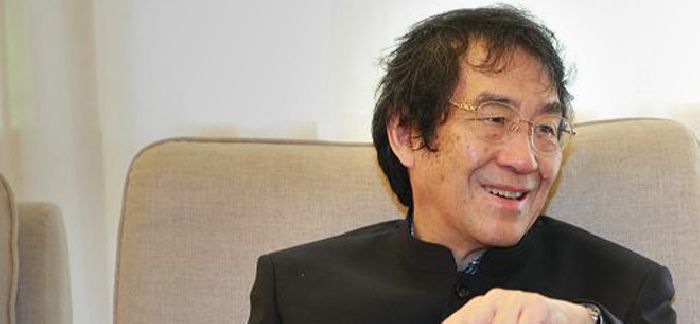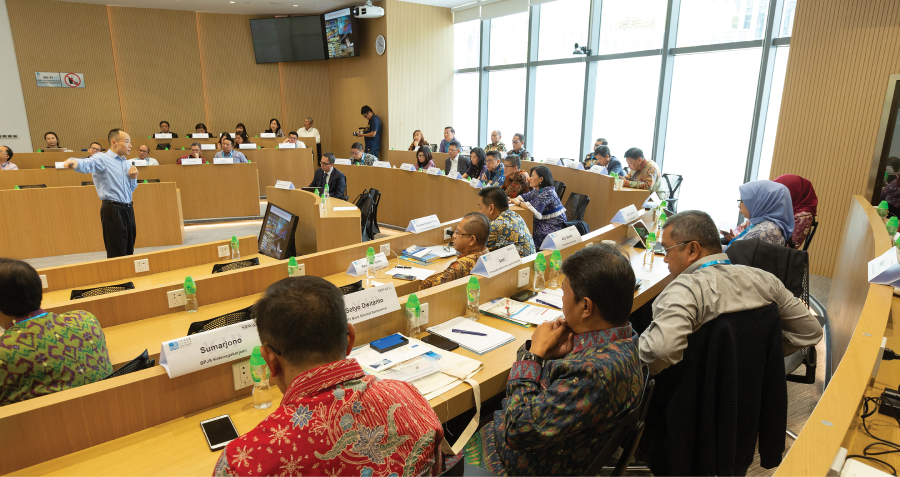CKGSB Honorary Professor of Humanities Tu Weiming has been involved in the teaching of Confucianism for more than 40 years, but the former director at the Harvard-Yenching Institute sees himself as more than an educator and academic. His active promotion of the Confucian humanistic tradition includes engaging dialogues with other religious traditions, defending Confucian tenets against Western liberalism critiques, as well as pointing out the applicability of the tradition to all segments of modern society.
Professor Tu’s efforts have been widely recognized by the international community. He was invited by the United Nations to join the Group of Eminent Persons to facilitate the dialogue among societies in 2001.
The ties between Professor Tu and Cheung Kong Graduate School of Business (CKGSB) began in 2006 when he met a group of prominent entrepreneurs at a meeting in Shandong province in China. During his introduction to the school, he also considered the perspective that “Confucianism can best be promoted by entrepreneurs, not by academicians or politicians.”
Intrigued by this idea, Professor Tu started making more frequent and deeper interactions with the business community at CKGSB where he now serves as the Chairman of the CKGSB Committee for the Humanities. Over the years, he has witnessed how the bridge between traditional Confucian values and business education has helped both sides to develop and flourish.
Professor Tu emphasizes that the virtues of Confucianism, such as tolerance, sympathy, empathy, and benevolence, do not run counter to the basic principles of the market economy and democracy. Quite the opposite, he points out, as the success of some developed countries and regions in East and South East Asia, such as Singapore, Japan, South Korea, Taiwan and Hong Kong, has demonstrated the compatibility between Confucianism and modernity.
Professor Tu shows that a Confucian entrepreneur has a broad vision; he or she does not compete for profit, but for excellence. The aim is not only for the benefit of the shareholders and clients, but also to create a win-win situation and thus serve and influence society at large.



















